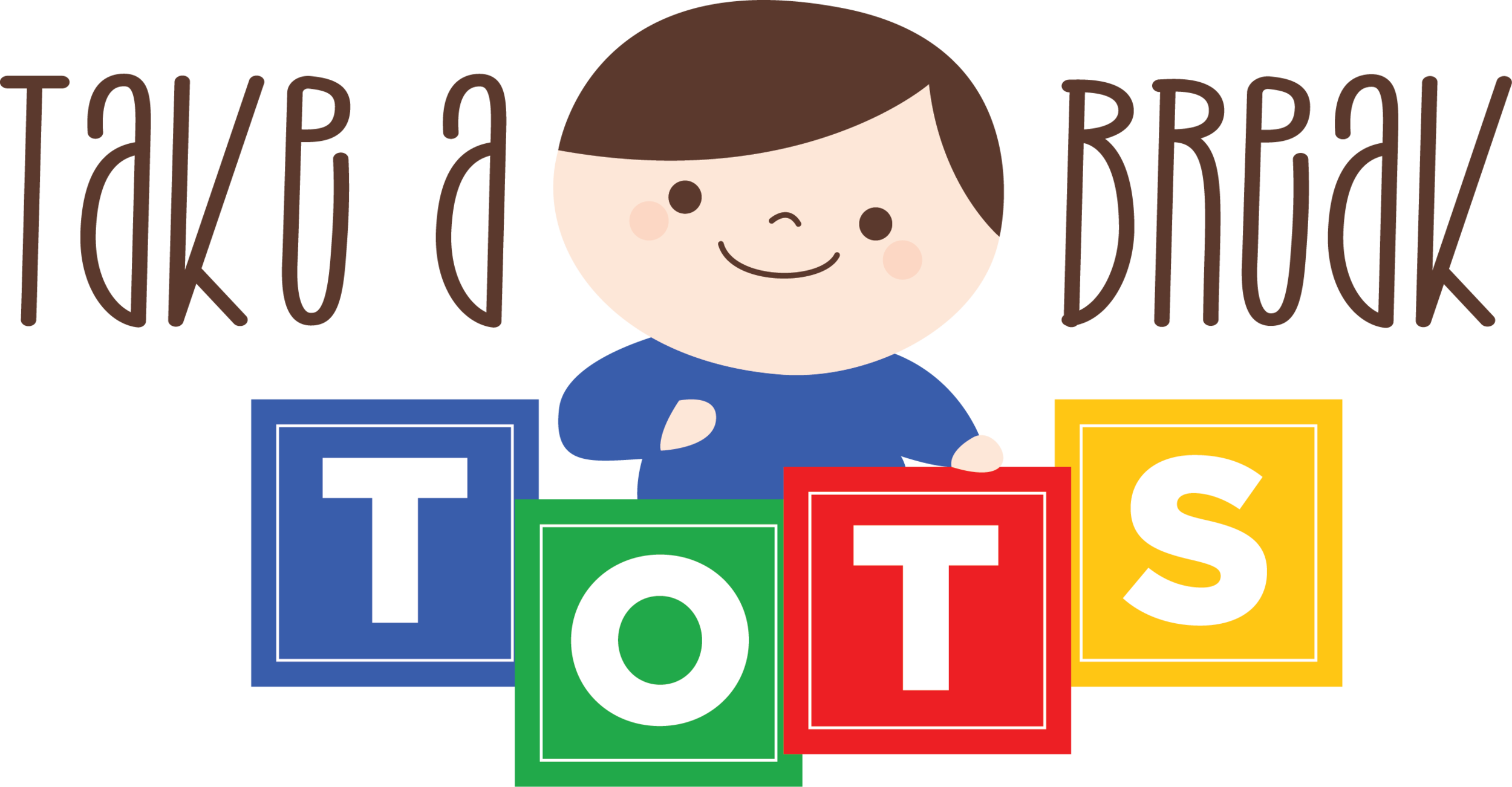4 Reasons to Talk About Feelings
Why is it so important to talk about feelings? To take away the feeling’s power. To normalize our kids’ experiences. To teach our kids that feelings are safe to talk about. To build strong relationships with our children and students. I could go on. Let me explain the 4 reasons I just listed:
To take away a feeling’s power. When you know the name of something and understand what it feels like or looks like, you have mastery over it. The unknown is scary! It can be overwhelming and too much to handle, especially for a child. When you label emotions and help kids understand how that emotion feels in their bodies, you help them gain mastery and control over it. Simply calling a feeling by its name gives children incredible relief. Bonus points for drawing attention to the physical sensations a feeling causes. For example, “Your heart is beating fast! You are scared.” It’s so simple and so powerful.
To normalize the experience. If you, the caregiver, know the name of the feeling or if there is a book about the feeling, that lets a child know that they are not the only ones that feel that way and that it must be normal. You can add to the example above, “My heart is beating fast too. That thunder scared me! We are safe inside.”
To make feelings safe for kids to talk about. If you aren’t talking about it, the child will not talk about it. I hope that as Max gets older he will be comfortable enough to come to me with whatever he is feeling. Especially during those teenage years. The best way to do that is to lay the groundwork now. If I talk about emotions, he will know that it is safe to do so when he needs to.
To build strong relationships with our children and students. When we talk about feelings, our children feel that they are understood. If we brush off their feelings or tell them they are wrong to feel a certain way, we damage our connections because it sends the message that those feelings are unsafe/abnormal and that we don’t understand. So, if a child comes to you and says, “I’m worried about going to summer camp next week.” Instead of saying, “Oh no, you are going to have so much fun! There’s nothing to worry about!” try “It’s normal to feel worried when you are doing something different and going away from home. You won’t be the only one. You WILL be okay.”
I know it might feel uncomfortable to talk about feelings, especially the yucky ones. I’m not saying you have to do it all day, every day. But, I promise you, you will do your children and students an incredible service by getting them used to using emotional vocabulary. It will serve them through their entire lives. And, it should make your life a lot easier!
As a mom, I want Max to be happy all the time. I want his life to be easy and free from pain. But, none of those things are possible. He will be unhappy. He will struggle. He will get hurt. I have to fight my instinct to protect him all the time and let him live. The one thing I can do is teach him to understand what he is feeling so he doesn’t get consumed by it. Feelings are temporary.

